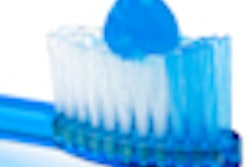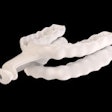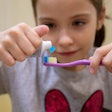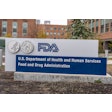The FDA is cautioning consumers to reduce their exposure to bisphenol A (BPA), but the U.S. regulatory agency has said nothing about dental materials containing the substance.
Last year, an FDA report downplayed risks from the common plastic ingredient. But last week the agency issued a statement saying that new studies identified by the National Toxicology Program at the National Institutes of Health have raised cause for concern.
The new studies, using "novel approaches and different endpoints describe BPA effects in laboratory animals at very low doses corresponding to some estimated human exposures," the FDA said in a statement. "Many of these new studies evaluated developmental or behavioral effects that are not typically assessed in standardized tests."
The FDA said it supports recommendations from the U.S. Department of Health and Human Services (HHS) that consumers limit their exposure to BPA through baby bottles and feeding cups.
According to the ADA, BPA can become part of dental sealants or composites "as a direct ingredient, as a by-product of other ingredients that may have degraded, and as a trace material left-over from the manufacture of other ingredients used in dental composites or sealants."
To date, the FDA, HHS, and ADA have not issued any recommendations that consumers attempt to reduce their exposure to BPA via dental materials.



















